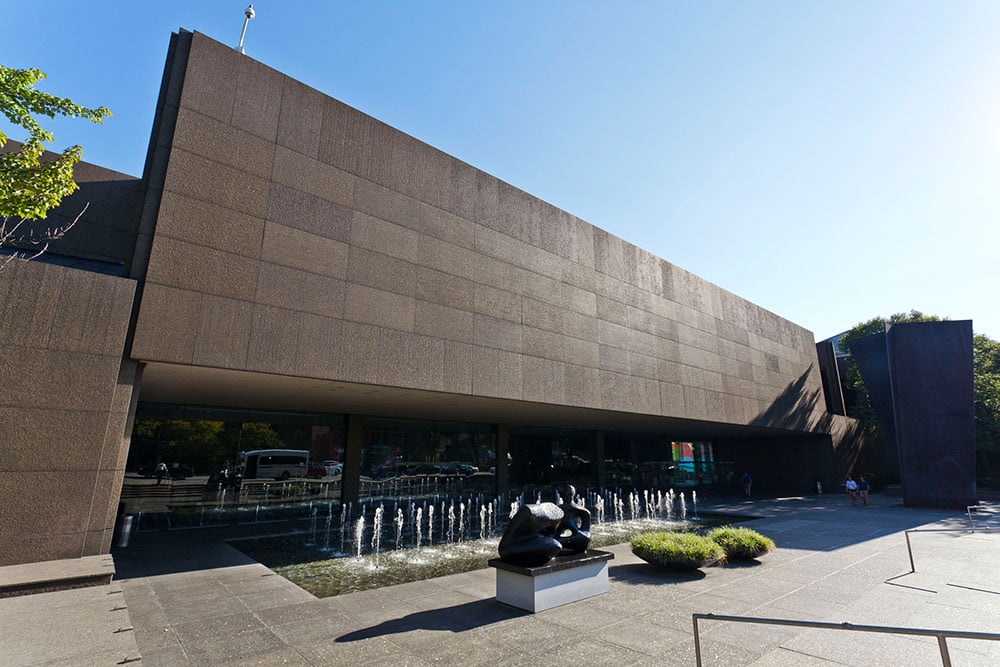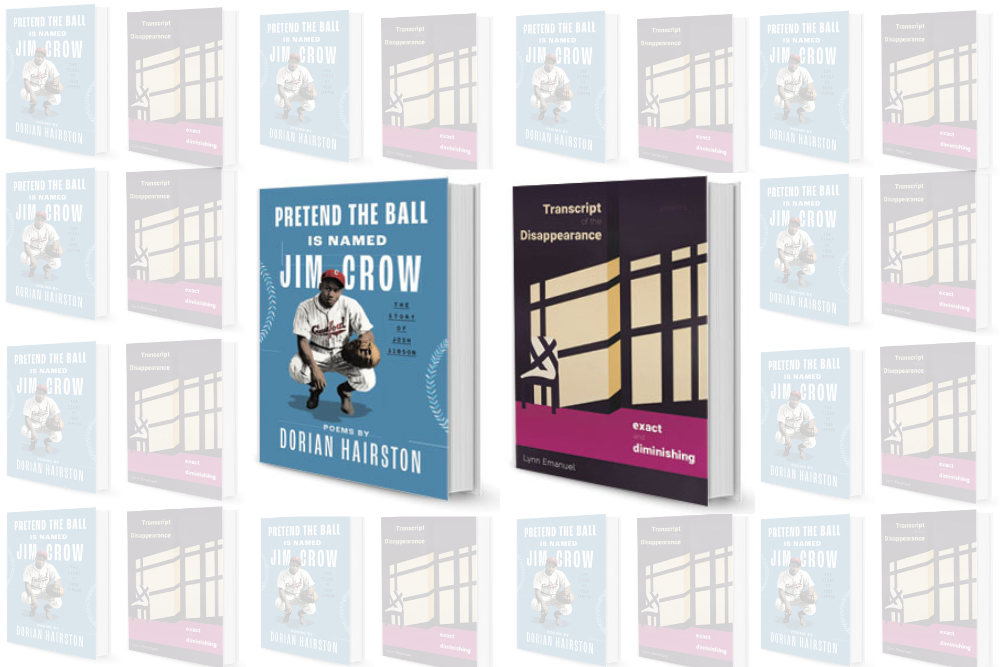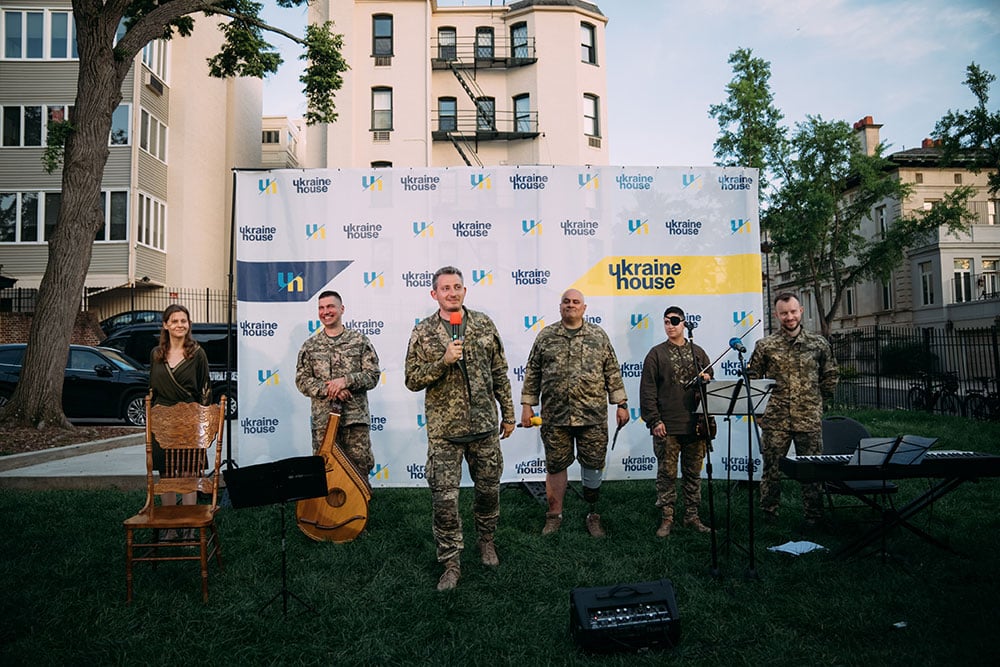“The Little Radio Station That Could” Turns 50
WYEP has come a long way from its start in a South Oakland basement — it’s celebrating its golden anniversary this month.
Bridging the music generation gap can be challenging. Gwen Field Snyder of Vandergrift knows; she and her 19-year-old son, Dylan, don’t like all of the same music. But when Dylan is home from college, Snyder can put WYEP on and they both get something out of it.
“It’s just kind of a bonding thing to listen to the same music,” she says.
The Snyders are two generations of WYEP fans, but there are one or two more generations in the WYEP listening audience. The commercial-free, public-supported station at 91.3 FM is celebrating its 50th year in operation.
“If you had told me in 1984 that we would still be here and that we would be in the shape we’re in, I would have said, ‘That’s fantasy. That’s never gonna happen,’” says Rosemary Welsch, who has been playing music on WYEP since 1981 and fills the 2 to 6 p.m. slot on weekdays. “But, it did happen.”
Related: She Became Pittsburgh Radio Royalty by Making Music Matter
The station started in the community-radio movement of the ’70s, says its co-founder John Schwartz. Even then, there were people bristling at the rigid formats of commercial radio stations.
In the early days, working out of an unfinished, South Oakland basement, WYEP programmed children’s shows, talk shows and music that tracked from bluegrass to classical. It was difficult for listeners to keep track of when they should tune in to find the programming they liked, Schwartz says.
Still, the station garnered enthusiasm from the nearly all-volunteer workforce and a small group of listeners.
“It kind of unlocked people’s desires to express themselves in a way I think now is done on social media,” says Schwartz, who left the station after two years to move to Colorado, where he still lives.
Welsch was a young woman looking to express herself when she walked into the station in 1981. “What attracted me to it was something that you would never expect,” Welsch says. “I was looking for a way to come out as a lesbian, and they had a lesbian show. When you’re 22 years old and you’re looking for a way to come out and you don’t go to bars, that was it for me.”
Welsch, who had no training in radio, described her first show as “the listener’s trial and my error. We really didn’t know what we were doing.”
Still, she felt that she had the work ethic to learn what to do. She talked to other staff members about specific skills she wanted to build and took any shift she could get. “I just went and figured this out,” she says.
Welsch was on the station’s board of directors in 1985 when they figured out that the strength of the station also was its weakness: its programming was too spread out and listeners were not supporting it with donations.
“We had no money,” she says. “We knew we had to restructure the radio station. I knew it was the only chance we had of survival.”
The station returned to the airwaves two years later with a paid staff — but it still had not found its programming niche. At first, it played New Age music.
“I knew, right away, that that wasn’t gonna work,” says Welsch, who received her first paycheck from the station in 1990. “Eventually, they brought back the old weekend programs, folk and bluegrass and blues and things like that. There was a long series of programming changes, but there was no format at all until we started creating one with the morning show that I was hired to do.
“You have to have a focus and you have to understand you are not going to please everyone, because that’s what we were trying to do in the early days,” Welsch says.
The station eventually settled on a format that is loosely adult album alternative, she says. It plays some songs you’ll hear on commercial radio mixed with new artists, local bands and acts that don’t fit into commercial formats.

MUSICIAN MICHAEL FRANTI (LEFT) AND GUITARIST JAY BOOGIE (RIGHT) IN 2012 ON THE COMMUNITY BROADCAST CENTER STAGE | PHOTO BY HUGH TWYMAN
“Many times I’ll be driving to work listening and you’ll hear something like Stevie Wonder and then something like Florence and the Machine and then something that I’ve never ever heard before,” Snyder says. “You’re not gonna hear that kind of variety anywhere else. Even listening on Spotify, you’re not gonna discover the types of new music, or it’s not as easy to discover the types of new music, as it is on the radio.”
Ultimately, WYEP is about giving voice to the community, Welsch says, and she’s excited to celebrate its 50th year.
“It’s the little radio station that could. It’s a remarkable story, I think.”


















